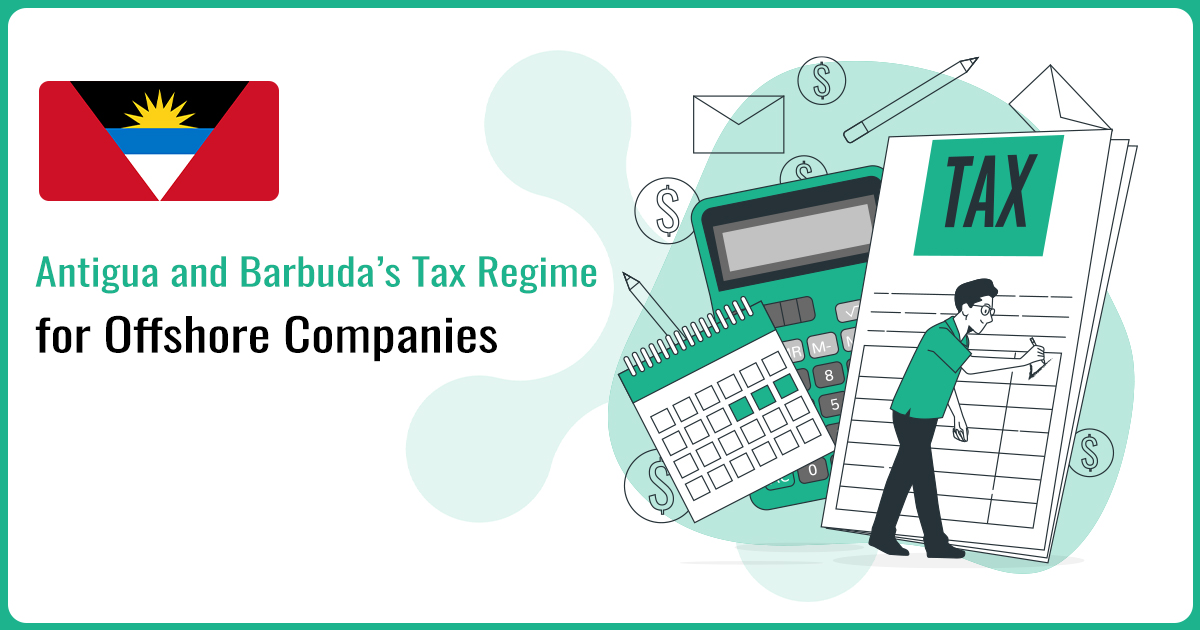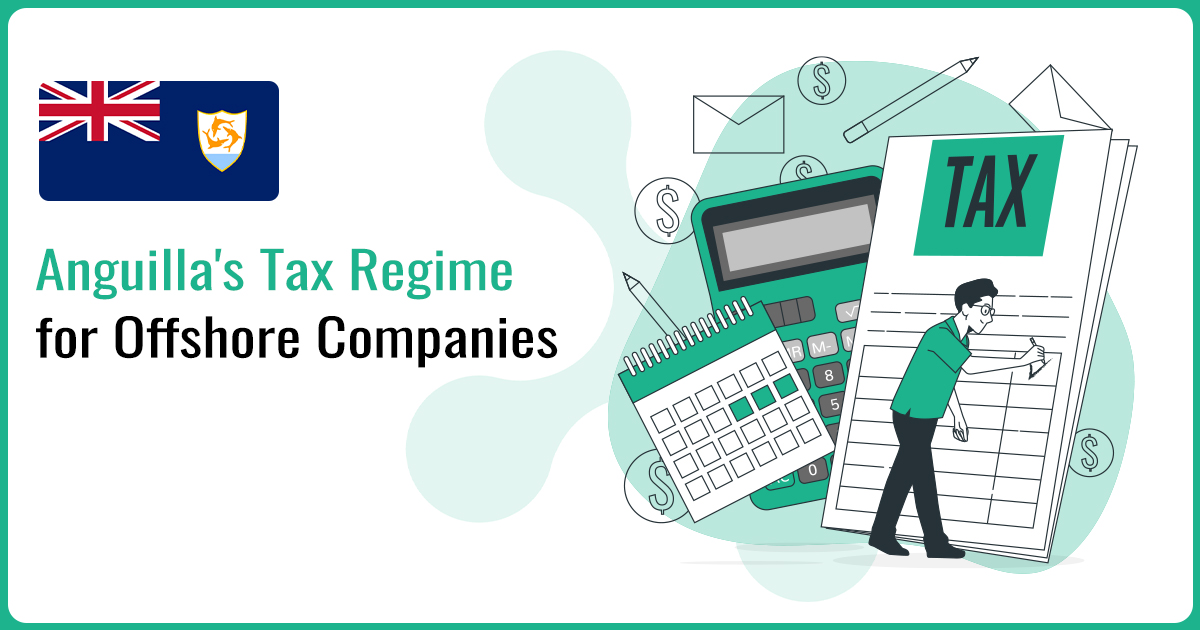The landscape of offshore company compliance has transformed dramatically. Jurisdictions once prized for anonymity and minimal oversight are now tightly bound by global frameworks like the OECD’s Common Reporting Standard (CRS) and the Base Erosion and Profit Shifting (BEPS) 2.0 initiative. Entities incorporated in locations such as Seychelles, the British Virgin Islands, and Belize must now actively demonstrate transparency and economic substance, or they risk deregistration, banking restrictions, and international sanctions. As discussed in OVZA’s overview of economic substance rules, proving genuine operational activity has become essential, not optional.
Global coordination between tax authorities, banking regulators, and intergovernmental organizations has left little room for passive compliance. Offshore companies are increasingly subject to international scrutiny, and operational structures must be defensible not only within their jurisdiction of formation but across every jurisdiction where they conduct business or hold assets.
- Expansion and Enforcement of the Common Reporting Standard (CRS)
- Mandatory Economic Substance Reporting
- Practical Strategies for Offshore Company Compliance in 2025
- Building Real Economic Substance
- Enhancing Transparency Through Proper Structuring
- Maintaining Robust Accounting and Reporting Systems
- Common Compliance Pitfalls and Legal Risks for Offshore Companies
- Inadequate Economic Substance
- Failure to Maintain Updated Beneficial Ownership Records
- Misunderstanding Cross-Border Reporting Obligations
- Conclusion
OECD’s BEPS 2.0 and the Global Minimum Taxation Standard
One of the most significant shifts in 2025 is the expanded application of the OECD’s BEPS 2.0 model. Under Pillar Two, large multinational groups are subject to a global minimum corporate tax rate of 15%, eroding much of the tax arbitrage advantage that offshore structures previously enjoyed. Even smaller companies are indirectly impacted, as more jurisdictions impose reporting obligations to align with OECD standards. Detailed guidance can be found in the OECD’s BEPS Portal.
Offshore structures relying purely on tax minimization without sufficient operational presence now find themselves vulnerable to recharacterization and penalty assessments. OVZA’s country comparison guide offers insights into jurisdictions still offering compliant and strategic advantages under these evolving norms.
Expansion and Enforcement of the Common Reporting Standard (CRS)
The Common Reporting Standard (CRS), first launched by the OECD in 2014, has seen rapid expansion, with over 120 countries participating as of 2025. Financial institutions in traditional offshore centers are now obligated to automatically exchange account information with clients’ home countries. More details are available directly from the OECD CRS Portal.
This development severely curtails the feasibility of offshore bank secrecy. Companies that fail to ensure proper disclosure risk having their accounts frozen or facing audits under national anti-avoidance regimes.
Mandatory Economic Substance Reporting
Many offshore jurisdictions, including the Bahamas and the Cayman Islands, now require annual economic substance reports to local authorities. These reports verify that the company has physical offices, employees, and legitimate management activities inside the jurisdiction. According to a 2024 briefing by IFC Review, “Offshore jurisdictions must now prove that they host genuine business activities or risk further blacklisting by OECD and EU bodies”
Such reporting obligations apply not only to holding companies but increasingly to service companies and intellectual property entities. Non-compliance carries severe financial penalties and, in some cases, forced company dissolution.
The number of countries participating in the Common Reporting Standard (CRS) continues to grow, reinforcing global offshore compliance measures.
Growth of CRS Participation (2018–2025):
| Year | CRS Participating Countries |
| 2018 | 80 |
| 2020 | 100 |
| 2025 | 120+ |
Practical Strategies for Offshore Company Compliance in 2025
Meeting offshore company compliance obligations in 2025 requires more than administrative diligence. It demands a structural realignment of how offshore entities are formed, operated, and reported across jurisdictions.
Building Real Economic Substance
First and foremost, offshore companies must demonstrate real economic substance. This means having a verifiable local presence: an office, employees, board meetings conducted within the jurisdiction, and operational expenditures. The Cayman Islands’ Economic Substance Guidance outlines minimum thresholds that companies must satisfy to meet compliance standards, serving as a strong reference model for other jurisdictions.
As Angel Gurría, former Secretary-General of the OECD, stated, “Offshore tax evasion is over. Countries are now exchanging financial account information automatically”. Offshore companies must now be prepared for real scrutiny, not only at the point of formation but throughout their operational lifecycle.
As OVZA’s Bahamas company formation guide highlights, setting up real substance can involve coordinated legal, accounting, and corporate secretarial support, especially for companies seeking to qualify for preferential tax regimes.
Enhancing Transparency Through Proper Structuring
Transparency is another cornerstone of modern offshore company compliance. Companies are advised to adopt clear, well-documented ownership structures and ensure the availability of ultimate beneficial ownership (UBO) records.
Many jurisdictions, including the Seychelles, now require UBO registries, even if they are kept private from public view. The Seychelles Financial Services Authority has published strict guidelines on UBO maintenance.
According to OVZA’s article on how offshore companies protect assets, transparent structuring does not diminish privacy but rather protects the company against allegations of concealment or illegal activities.
Maintaining Robust Accounting and Reporting Systems
Another key element in ensuring offshore company compliance is maintaining accurate financial records. Even in jurisdictions that do not require public filing of financial statements, companies are increasingly expected to maintain audited or independently reviewed accounts that can be produced on demand.
For example, the British Virgin Islands’ BOSS System (Beneficial Ownership Secure Search System) requires companies to file key financial data annually. Many other jurisdictions, including Belize, have followed suit, tightening their compliance frameworks significantly by 2025.
Common Compliance Pitfalls and Legal Risks for Offshore Companies
Even companies that intend to operate within the law often fall into compliance traps that can carry serious consequences. Understanding these risks is essential for maintaining offshore company compliance in 2025.
Inadequate Economic Substance
One of the most common mistakes is treating economic substance requirements as a formality. Authorities now demand real proof — not just registered addresses or token employees. Jurisdictions such as Bermuda and the Cayman Islands have published clear thresholds in their respective Economic Substance Acts and aggressively enforce compliance through audits and penalties.
Failure to Maintain Updated Beneficial Ownership Records
Another frequent pitfall involves outdated beneficial ownership (BO) filings. Companies that fail to update their BO registries promptly risk severe fines or even compulsory strike-off. Many jurisdictions, including the British Virgin Islands through the BOSS System, impose strict timelines for updating UBO records after any change.
Misunderstanding Cross-Border Reporting Obligations
Clients sometimes assume that offshore compliance is limited to the country of incorporation. However, cross-border regulations such as FATCA (for U.S. citizens) and CRS (for residents of over 120 countries) extend reporting obligations to the client’s home country. The IRS’s FATCA Guidance shows that non-compliance can result in heavy penalties and banking restrictions, even when the offshore company itself operates correctly within its jurisdiction.
Conclusion
The era of anonymous offshore operations has ended. In 2025, offshore company compliance means building a legitimate, defensible international structure based on transparency, real substance, and proactive legal oversight.
Jurisdictions like Belize, Seychelles, BVI, and the Bahamas still offer viable offshore solutions, but only for businesses committed to meeting higher compliance standards.
Offshore structures that treat compliance as a strategic priority, rather than a burden, will continue to benefit from asset protection, tax efficiency, and global mobility.
As Manar, a Legal Expert at OVZA, advises, “Today’s offshore companies must be structured for tomorrow’s regulations, not yesterday’s.”
For more information, Explore OVZA’s offshore incorporation packages designed to meet today’s global compliance standards.













